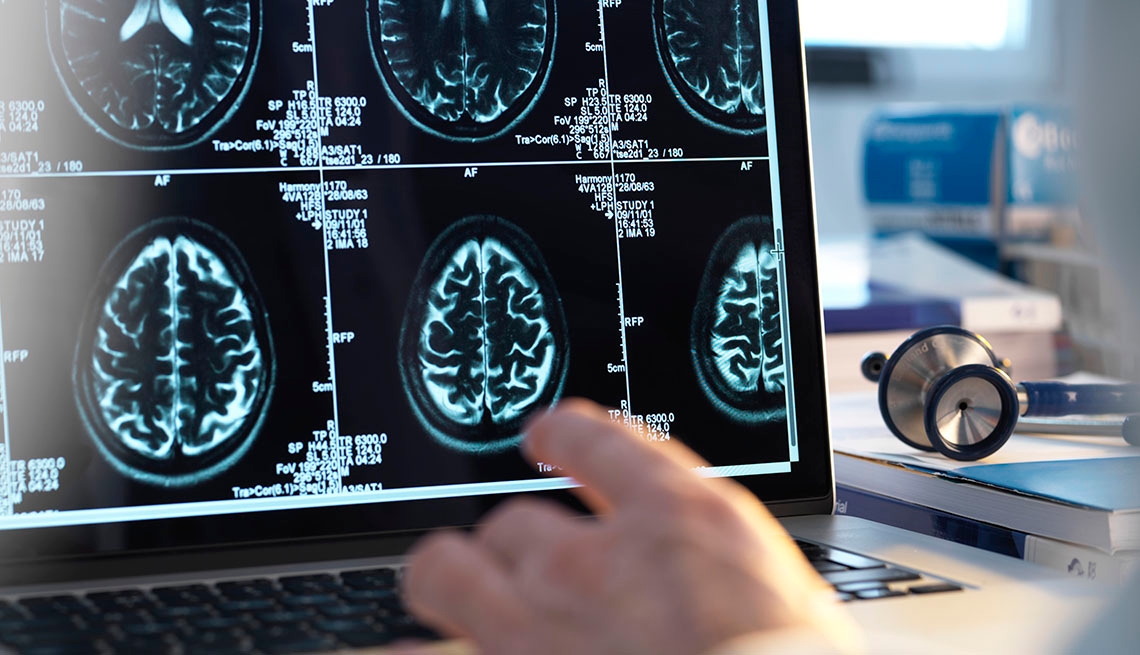Post-Traumatic Stress Disorder (PTSD) frequently co-occurs with other mental health conditions, complicating the clinical picture and often requiring a multifaceted approach to treatment. Understanding the common comorbidities associated with PTSD is crucial for effective diagnosis and management. Here, we explore the most common mental health conditions that co-occur with PTSD, including depression, anxiety disorders, substance use disorders, and others.
Depression
- Prevalence: Depression is one of the most common comorbid conditions with PTSD. Individuals with PTSD may experience persistent feelings of sadness, hopelessness, and a lack of interest in activities they once enjoyed, which are hallmark symptoms of depression.
- Shared Symptoms: Both conditions share symptoms such as sleep disturbances, concentration difficulties, and significant impairment in daily functioning, which can exacerbate the severity of each other.
- Treatment Considerations: Treatment plans for individuals with both PTSD and depression often involve a combination of psychotherapy (e.g., Cognitive Behavioral Therapy) and pharmacotherapy (e.g., SSRIs).
Anxiety Disorders
- Generalized Anxiety Disorder (GAD): GAD and PTSD share symptoms of excessive worry, restlessness, and being easily fatigued. The persistent anxiety and worry seen in GAD can amplify PTSD symptoms, particularly those related to hyperarousal.
- Panic Disorder: Individuals with PTSD may also suffer from panic disorder, experiencing sudden and repeated attacks of intense fear or discomfort (panic attacks), which can be mistaken for PTSD flashbacks.
- Social Anxiety Disorder: Social withdrawal is a common feature in PTSD, which can also manifest as or contribute to social anxiety disorder, characterized by a significant fear of social interactions.
Substance Use Disorders
- Self-Medication: Many individuals with PTSD may turn to substances like alcohol or drugs as a form of self-medication, attempting to alleviate the distressing symptoms of PTSD. This can lead to a cycle of dependence and addiction.
- Treatment Challenges: The presence of a substance use disorder can complicate PTSD treatment. Integrated treatment models that address both PTSD and substance use simultaneously are often required.
Bipolar Disorder
- Emotional Dysregulation: Bipolar disorder, characterized by episodes of mania and depression, can co-occur with PTSD. The emotional dysregulation in bipolar disorder can worsen the mood instability associated with PTSD.
- Complex Diagnosis: Diagnosing bipolar disorder in the presence of PTSD can be challenging due to overlapping symptoms, particularly during manic or depressive episodes.
Eating Disorders
- Coping Mechanisms: Eating disorders, such as anorexia nervosa, bulimia nervosa, and binge-eating disorder, can develop as unhealthy coping mechanisms in response to trauma.
- Control and Self-Image: Issues of control, which are central in eating disorders, can be a reaction to the loss of control experienced during traumatic events, exacerbating PTSD symptoms.
Personality Disorders
- Borderline Personality Disorder (BPD): There is a notable overlap between BPD and PTSD, particularly in terms of emotional regulation difficulties, impulsivity, and issues with interpersonal relationships.
- Complex PTSD: In cases of prolonged or repeated trauma, such as childhood abuse, individuals may develop complex PTSD, which shares several features with personality disorders, including difficulties in emotional regulation and self-perception.
Attention-Deficit/Hyperactivity Disorder (ADHD)
- Overlap and Misdiagnosis: Symptoms of ADHD, such as difficulty concentrating, restlessness, and impulsivity, can overlap with symptoms of PTSD, sometimes leading to misdiagnosis or complicating treatment efforts.
Addressing Comorbidity
- Integrated Treatment Approaches: Effective treatment for PTSD with comorbid conditions often requires integrated approaches that address all presenting disorders. This may include a combination of medication, psychotherapy, lifestyle changes, and support groups.
- Tailored Therapy: Therapeutic approaches may need to be tailored to the individual, considering the complexity of their symptoms and the interactions between different conditions.
Understanding the intricate relationship between PTSD and comorbid conditions is essential for developing comprehensive care plans that address the full spectrum of an individual’s mental health needs. This necessitates a holistic approach, considering not just the PTSD but all co-occurring conditions to ensure the best possible outcomes for recovery and well-being.

